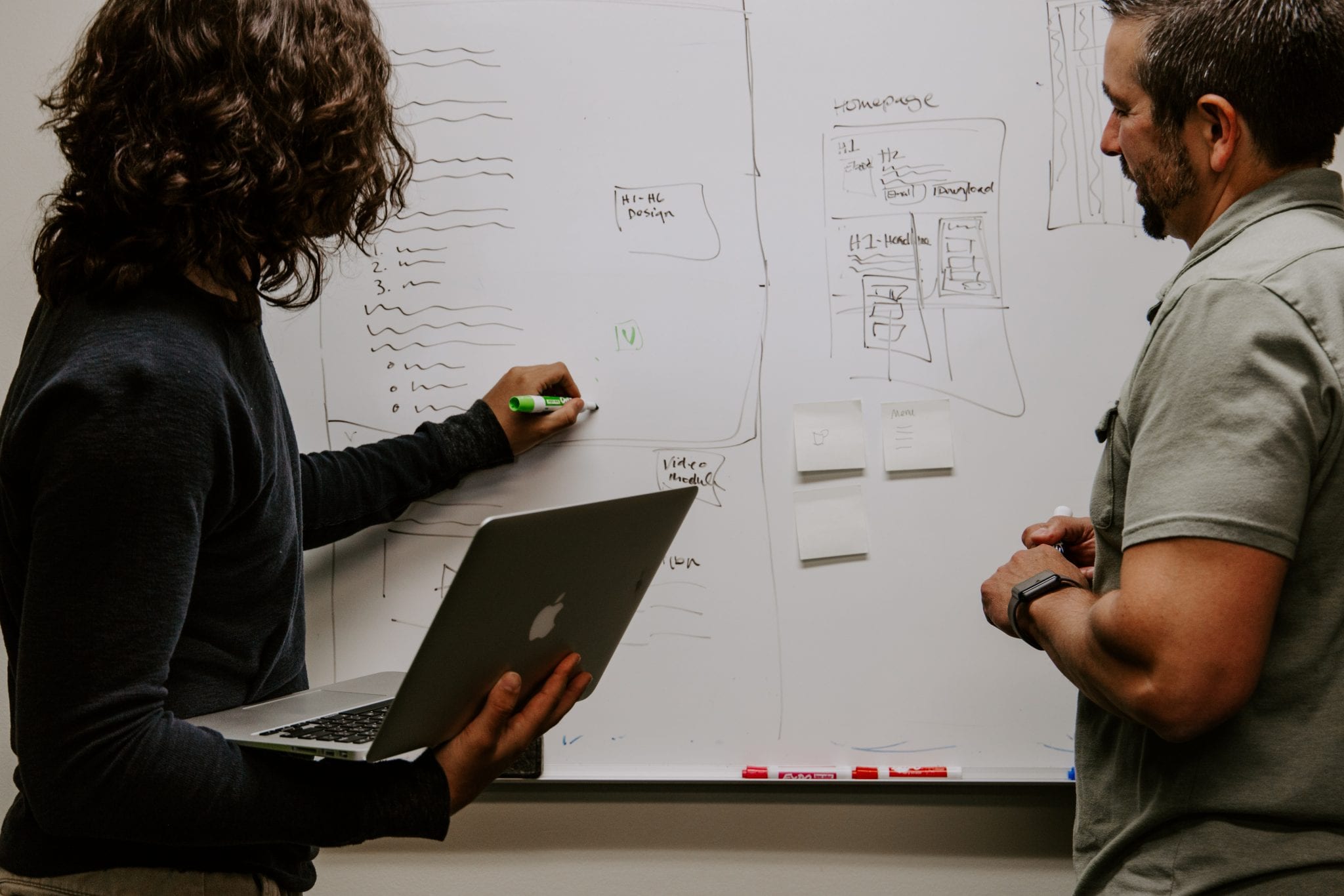Critical thinking skills are needed. Sadly, critical thinking skills are not something that can be taught in a short amount of time. While it is tempting to create one eLearning course and go, critical thinking must be promoted throughout a series of courses to create deep learning experiences. Savvy course creation teams work in ways to promote critical thinking in the following ways.
Leverage role play and scenarios
If ever there was a place for choose-your-own-adventure type eLearning courses, this is it! Students learn from playing out scenarios and making decisions. Learning what not to do in a situation is more powerful than being told how to handle it. Video-based scenarios with choose-your-answer questions are quick and easy to include. Your design team can quickly produce new scenarios. They can create test question banks that reflect the changing times. This is a great place to start looking back at your role plays and scenarios for unconscious bias.
Rev up project-based learning
Therefore, as good as eLearning can be, nothing beats hands-on application. Project-based learning is worth the effort. Nothing beats it for creating deep learning through eLearning. Setting up a project-based learning experience can take a lot of effort to get off the ground. Afterward, project-based eLearning can add a lot of showcase-ready content. Universities can use these projects to show off programs. Schools can leverage projects to recruit new students. Students who are entering the workplace love showing up with a project and experience under their belt.
Ramp up asynchronous activities
Most importantly, discussion forums and chat rooms let learners reflect on the content presented in the eLearning course. eLearning gives instructors opportunities to connect students of different sections, universities, and time zones. Savvy instructors will use this perk to create deep learning through eLearning. Teachers can encourage contests and competitions between course sections to promote critical thinking. Groupthink can overtake a discussion forum. Infusing new insights encourages learners to consider new points of view.
Make it safe for them to fail
Therefore, one of the keystones holding up the arc of critical thinking is learning from mistakes. Being able to look back on a situation and assess what you would do differently, the next time is what counts. Good teachers create an environment where it is safe for learners to fail.
Give them tools and raw data
Yet, critical thinking is a learned skill. When looking at a course, steal from the seasoned facilitator’s toolbox. Throw in decision-making matrixes and 8-D problem-solving sheets. Give learners raw data. Universities can reach out to top industry players for examples of critical thinking in case studies. These methods let students learn from the mistakes that were made in real-life situations. This lets universities leverage their adjunct instructors’ experience.
Allow time for reflection
Not all eLearning needs to happen when the student is sitting online in the course. At times, students need distance from the content to reflect on what they have learned. In eLearning, one trend is setting out all the material for the students to move through at their pace. Some students whip through content early. Still, other students will procrastinate and cram all their work in at the end. In both situations, students do not have the time needed to percolate the content. Instructors can set and control the pace of the eLearning course. Not all eLearning courses need to have the timing built in for reflection. Many do. Savvy course creators mix in reflection in their content design.
In summation, critical thinking skills are learned through experience. Universities need to focus on creating eLearning experiences where it is safe for students to fail. Likewise, colleges need to create eLearning experiences that leverage all aspects of how students reflect on their learning. Courses, which the content is paced and controlled, will let students reflect on what they have learned. Universities that provide partnerships and project-based learning experiences alongside their eLearning will promote critical thinking.




